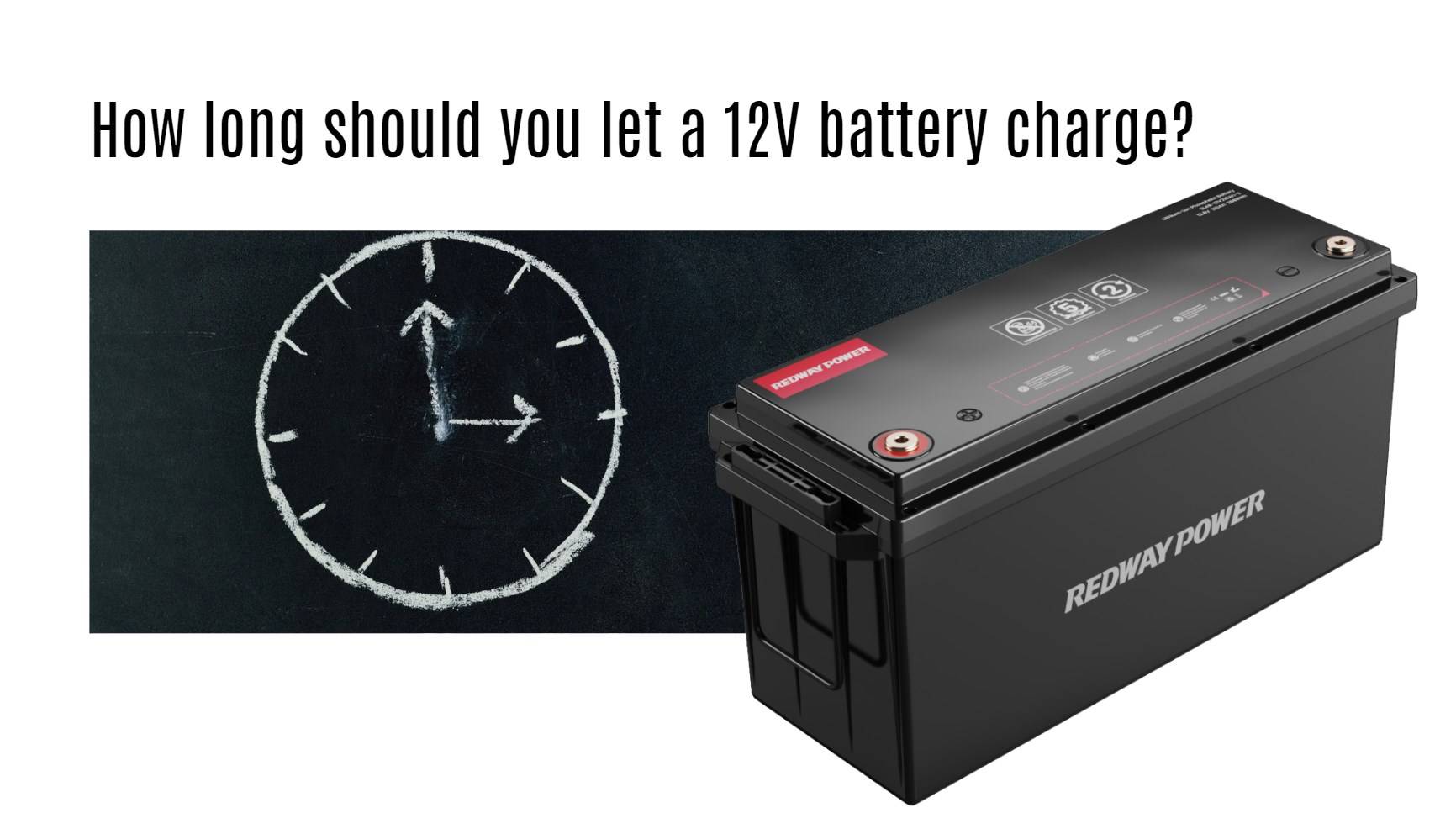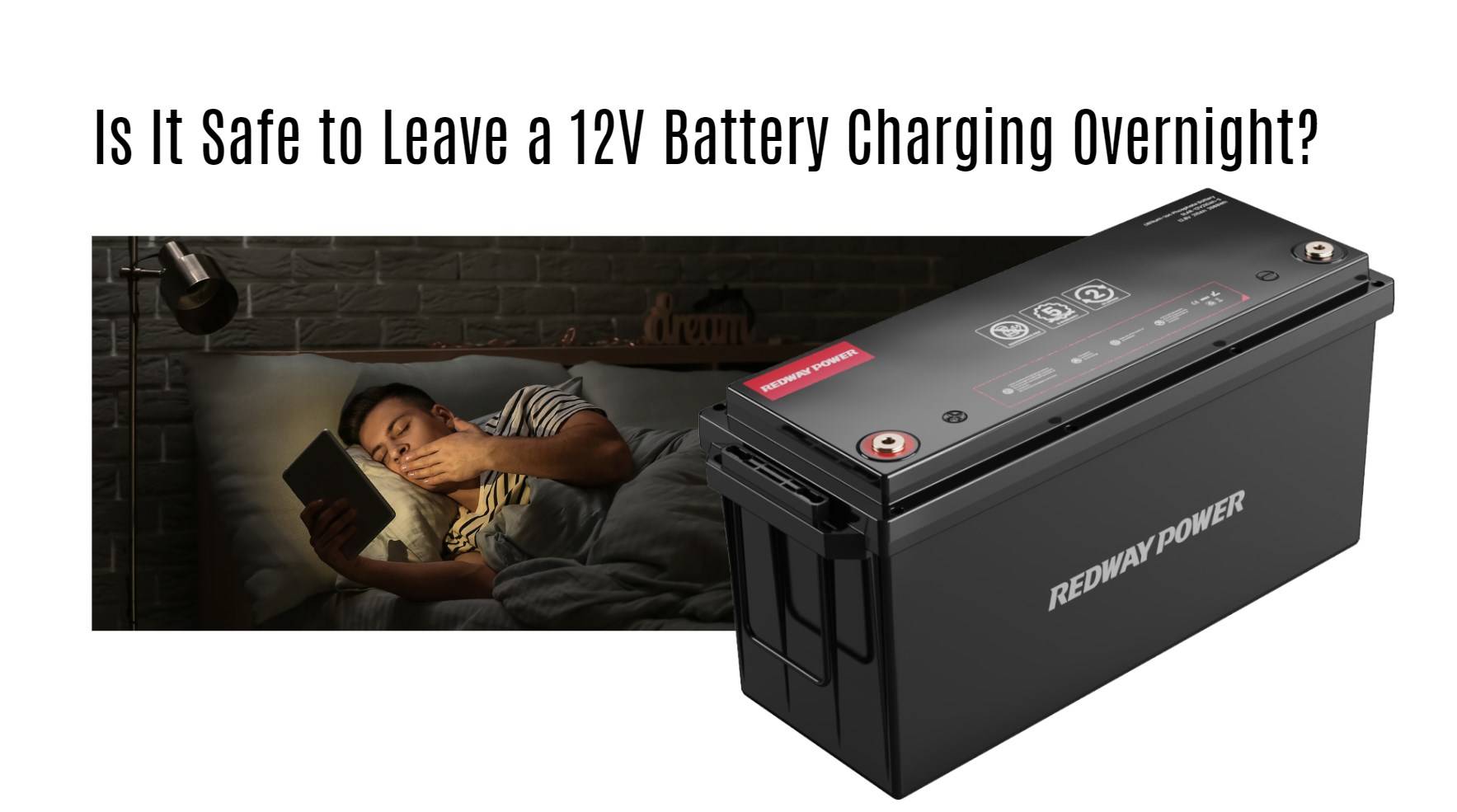Charging a 12V battery overnight can be safe if done correctly, particularly with modern smart chargers that prevent overcharging. However, it is essential to follow safety precautions and use the right equipment to avoid potential hazards such as overheating or battery damage.
What precautions should I take when charging a 12V battery overnight?
When charging a 12V battery overnight, consider these precautions:
- Use a quality charger: Ensure your charger has an automatic shut-off feature to prevent overcharging.
- Charge in a well-ventilated area: This helps dissipate any gases that may be released during charging.
- Monitor the battery: Check periodically for any signs of overheating or swelling.
- Wear safety gear: Use gloves and goggles to protect against potential acid spills or leaks.
How can I safely connect and disconnect the charger?
To connect and disconnect your charger safely:
- Connect the positive terminal first: Attach the red clamp to the positive terminal of the battery.
- Attach the negative terminal: Connect the black clamp to the negative terminal.
- Disconnect in reverse order: Start by removing the black clamp first, followed by the red clamp.
This method minimizes the risk of sparks and ensures safety during the process.
What are the risks of leaving a battery charging too long?
Leaving a battery charging for an extended period can lead to several risks:
- Overheating: Excessive heat can damage internal components and degrade performance.
- Explosion risk: In sealed batteries, gas buildup can lead to explosions if not properly vented.
- Reduced lifespan: Continuous overcharging can cause permanent damage, reducing overall battery life.
How can I prevent overcharging my battery?
To avoid overcharging:
- Use smart chargers: These devices automatically adjust voltage and current based on the battery’s charge state.
- Regularly monitor voltage levels: Use a multimeter to check that voltage does not exceed recommended levels.
- Set timers if necessary: If using a non-smart charger, set an alarm to remind you to unplug it after several hours.
| Prevention Method | Description |
|---|---|
| Smart Chargers | Automatically adjust charge based on needs. |
| Regular Monitoring | Check voltage levels during charging. |
| Timer Usage | Remind yourself to unplug after set time. |
What features should I look for in a charger?
When selecting a charger for your 12V battery, consider:
- Automatic shut-off feature: This prevents overcharging once the battery is full.
- Multi-stage charging capabilities: This optimizes charging efficiency and prolongs battery life.
- Compatibility with your battery type: Ensure it matches your specific battery’s requirements (e.g., lead-acid, AGM, lithium).
How do smart chargers help in preventing overcharging?
Smart chargers utilize advanced technology to manage the charging process effectively:
- Voltage regulation: They adjust output based on real-time needs of the connected battery.
- Charge cycle management: They often include multiple stages (bulk, absorption, float) that optimize charging efficiency.
- Temperature compensation: Some models adjust parameters based on ambient temperature, further protecting against overcharge.
What should I do if my battery overheats during charging?
If your battery overheats while charging:
- Immediately disconnect the charger.
- Move the battery to a cool, ventilated area away from flammable materials.
- Allow it to cool down before inspecting for damage or leaks.
If overheating persists or if you notice swelling or leakage, discontinue use and consult a professional.
What are the best practices for maintaining a 12V battery?
To maintain your 12V battery effectively:
- Regularly check fluid levels (for non-sealed batteries) and top up with distilled water as needed.
- Keep terminals clean and free from corrosion; use baking soda and water for cleaning if necessary.
- Store batteries in cool, dry conditions when not in use.
These practices will help prolong your battery’s life and ensure reliable performance.
Redway Battery Expert Insight
Proper charging techniques are crucial for maximizing battery life,” states an expert from Redway Battery. “Using smart chargers and adhering to safety precautions not only enhances performance but also mitigates risks associated with overheating and overcharging.”
FAQ Section
- Is it safe to charge my 12V battery overnight?
Yes, it is safe if you use an automatic charger that prevents overcharging. - What happens if I leave my battery on charge too long?
It may overheat, leading to potential damage or explosion risk due to gas buildup. - Can I use any charger for my 12V battery?
No, ensure that your charger is compatible with your specific type of battery (lead-acid, lithium, etc.). - How often should I check my battery while it’s charging?
It’s advisable to check periodically, especially if you’re using a non-smart charger.
This comprehensive guide provides essential insights into safely charging your 12V batteries overnight while avoiding potential hazards associated with overcharging. Following these tips will help maintain optimal performance and extend your battery’s lifespan.




